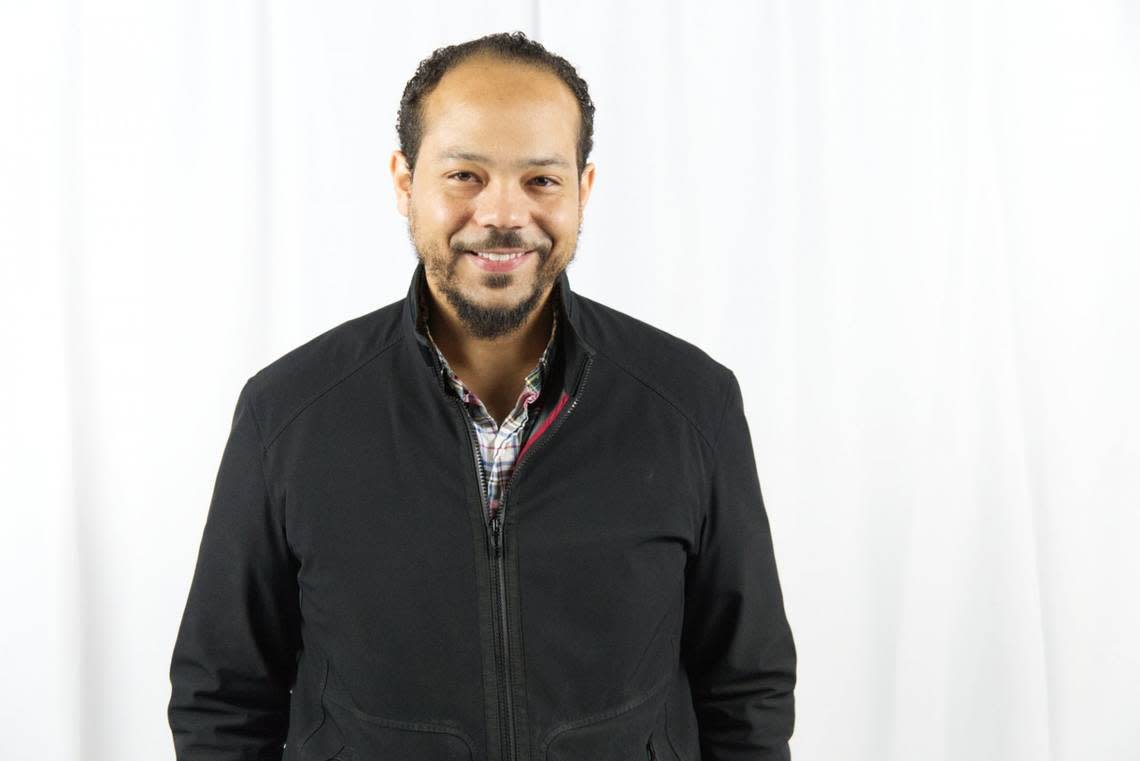Floods are a way of life in EKy, but we weren’t prepared for ‘complete devastation’
Floods are a part of life wherever there is water, this is not surprising to us. The North Fork of the Kentucky River flows by the historic, iconic building of Appalshop at 91 Madison Street where we’ve been since 1982. Most days, the trickling fork provides an almost idyllic background noise, a fixture in downtown Whitesburg as people walk daily over it using the walking bridge, some taking a place to rest near it on a bench and enjoy a beautiful day.
But water is not always so kind. We are prepared for floods — insurance, contingency plans, emergency response teams that know how to solve these problems quickly and efficiently — because we know that while water can be gentle and a calming balm to a busy day, it can also rip houses from their foundation and sweep people downstream in a matter of seconds.

What we are not prepared for, however, is the level of flooding that just happened. This flood was at least 6 feet beyond the previous record set in 1957 for the North Fork of the Kentucky River, which generally flows peacefully between 2 and 3 feet. Overnight Wednesday and into Thursday, that usually peaceful river swelled to over 20 feet, bringing with it destruction and complete devastation in its wake.
We’ve seen an outpouring of messages since the flooding started of people saying “I have never seen anything like it.” People who by all accounts are made of grit and metal. People who are used to regular flooding and planning for it, picking up the pieces, cleaning up the damage and moving on.
However, what happened this week was no usual flood. Houses leveled and washed away. Chunks of the mountain landsliding into roadways. When I say that we have never seen anything like this, it is no exaggeration.
These floods are growing more frequent and more devastating. In 2020, floods in Eastern Kentucky caused over $72 million in damage — threatening Appalshop then too. We cleaned up, repaired damage, made plans and pressed on. Barely two years later, here we are again, still unable to access our building to even fully assess the damage and how many priceless Appalachian arts, culture, and heritage pieces that have been lost.
As the death toll rises and as we work to support our community — our family — it’s a hard pill to swallow that we’re here again. It’s hard to fathom that not even eight months ago, historic tornadoes hit Western Kentucky, leveling whole towns, and now the people of Kentucky are having to band together again to fight another crisis. The evidence is apparent and devastating — climate change is already here and it’s killing us.
Folks have been crushed by the weight of coal companies leaving behind nothing except coal runoff ponds that flood like they did this week and the remains of logging that blew through houses and created a perfect storm of water and timber that even the strongest house couldn’t withstand.
Yes, floods are natural disasters — but this one in particular has been aided pretty strongly by the hands of mankind. We can’t afford to ignore these facts as we head into rebuilding, as we move forward to pick up the pieces. The price of ignorance, in the coal fields especially, is deadly.
There is no prize for being “right” about climate change, or about the fragile infrastructure in the mountains, or about years of lack of real, community-based investment in Appalachia. Unfortunately, Appalachia is the harbinger of the future if nothing is done about holding companies and officials accountable for the extractive, parasitic effect they have on communities like ours, and that future is bleak.
While we count our dead and we salvage what we can, we must take action to make sure events like this don’t happen again. People’s lives literally depend on it.
Alex joined Appalshop in 2014 as the Executive Director. He graduated from Berea College in 2008 with a B.A. in Philosophy and earned his J.D., Doctor of Laws from the University of Pennsylvania Law School in 2012.
